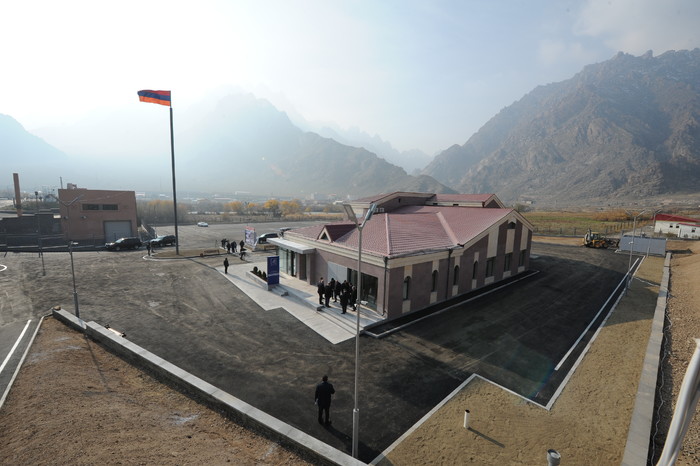Freedom House’s annual report finds that Armenia registered the largest two-year Democracy Score improvement in the report’s history, and the score has reached its highest-ever point for the country, with improvements related to elections and corruption in the latest edition. Developments regarding the judiciary, however, have raised concerns.
The document; “Nations in Transit 2020,” analyzes 29 states. 10 of them are recognized as democratic, 10 as hybrid and nine as authoritarian. Over the past decade, the number of hybrid states has tripled, while the number of democracies has decreased by a third.
The report notes that a growing number of leaders in Central and Eastern Europe have dropped even the pretense that they play by the rules of democracy. They openly attack democratic institutions and are working to restrict individual freedoms. These attacks have resulted in a dramatic democratic breakdown across Central Europe, the Balkans, and Eurasia, leading to category declines for four countries in the past two years.
“Many leaders in this region are no longer pretending to care about democracy or the rule of law,” said Michael J. Abramowitz, president of Freedom House. “It is time for European leaders who are committed to freedom to address the crisis in their own neighborhood. The United States also has a pivotal role to play and should rededicate itself to a foreign policy that emphasizes the defense of democratic values.”
“The coronavirus crisis has created an inflection point, after which things could become much worse, or democracy could be revitalized,” said Abramowitz. “We hope that this experience will illustrate the importance of transparent and accountable governance and catalyze new demands for change.”
The institutions of democracy monitored by Nations in Transit are under attack across the board, and governments’ exploitation of COVID-19 may be accelerating these disturbing trends. The electoral framework has been manipulated in a way that gives undue advantage to incumbents, parliaments have become sidelined or hollowed out by opposition boycotts, and the independent media and civil society continue to face smear campaigns.
In a new development, the judiciary and the rule of law have also become targets in many countries. Governments are packing courts with loyalists, adopting restrictive laws that do away with judicial independence, and in some cases persecuting individual judges. The indicator with the largest number of declines in Nations in Transit 2020 was Judicial Framework and Independence, with six countries deteriorating: the Czech Republic, Georgia, Latvia, Montenegro, Poland, and Slovakia.
These shifts are taking place in an environment that was vulnerable to abuse even before the arrival of COVID-19, with long-term trends leaving countries increasingly exposed to malicious foreign interference as democratic consensus has been replaced by great-power rivalry.
“It is essential for democratic countries to stand up to bullies, but that’s only possible if leading politicians promote democratic principles through their words and actions,” said Zselyke Csaky, research director for Europe and Eurasia. “So far this has been lacking, resulting in shortsighted and desultory responses. To tackle the crisis and to arrest the democratic decline, we will need cooperation, transparency, and accountability. If democracy is to survive in the world, it must be reinvigorated from the inside, by the democratic community itself.”
Nations in Transit 2020 has found that people’s yearning for democracy remains strong. New protest movements, often focusing on the environment, have been springing up in many locations, with citizens demanding better governance. A few countries have also been opening up or undergoing transitions toward more democratic rule. While the jury is still out on these transformations, they demonstrate the unceasing appeal of democracy in a variety of settings.










